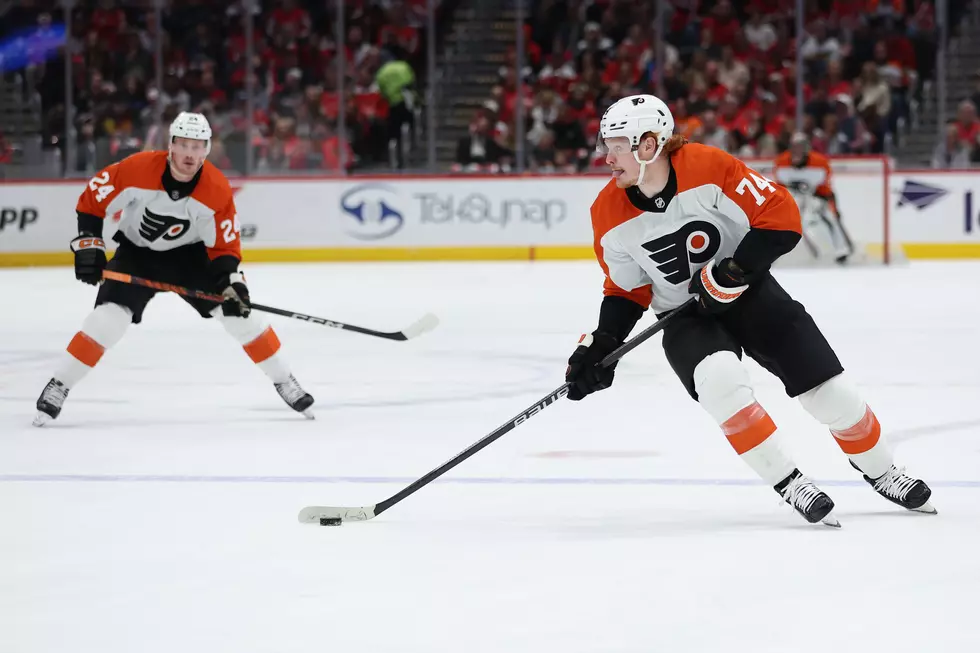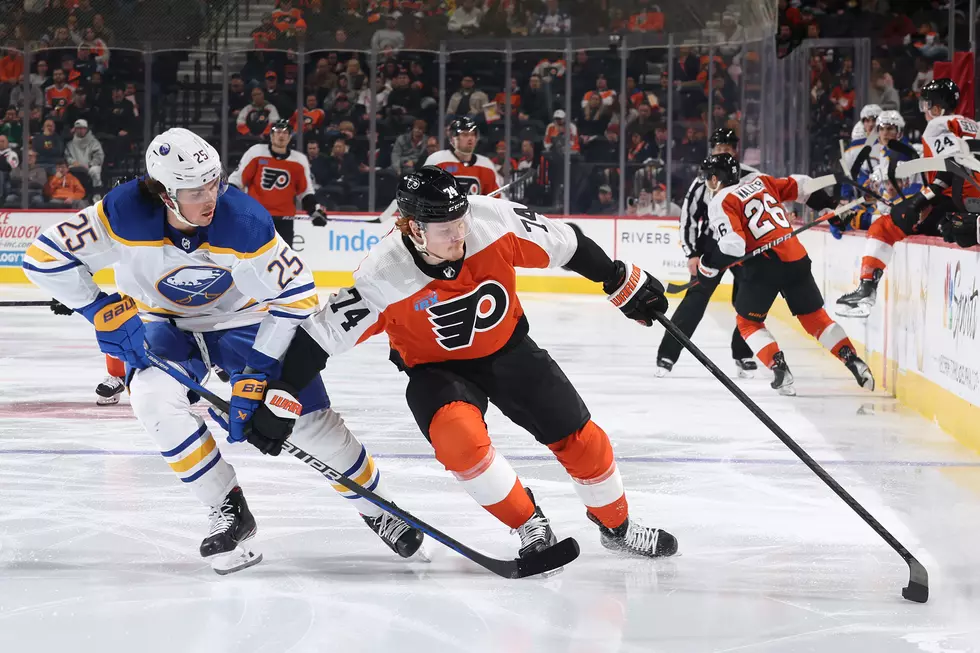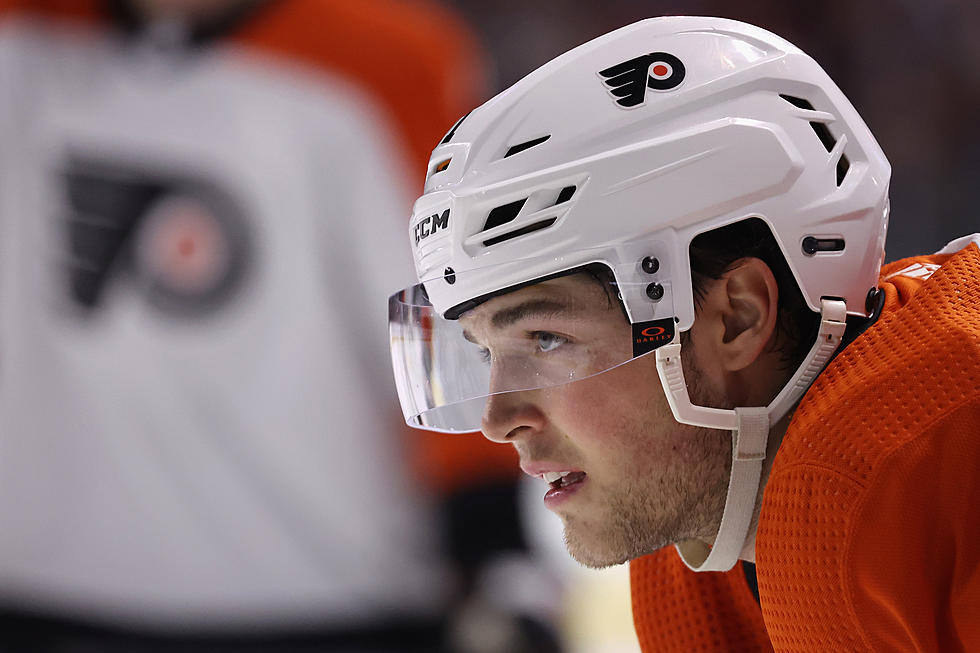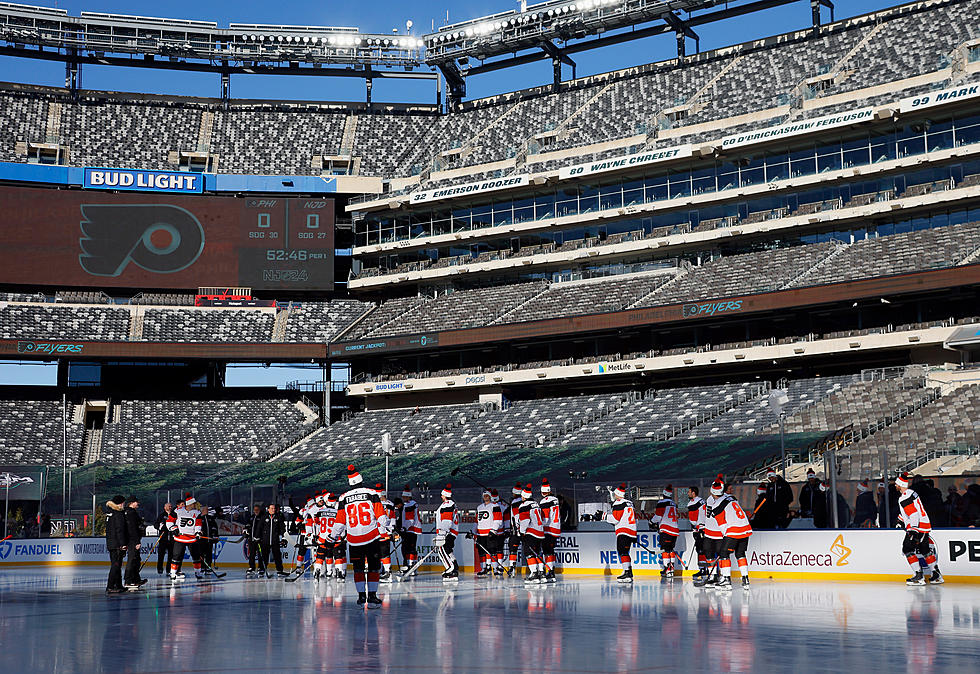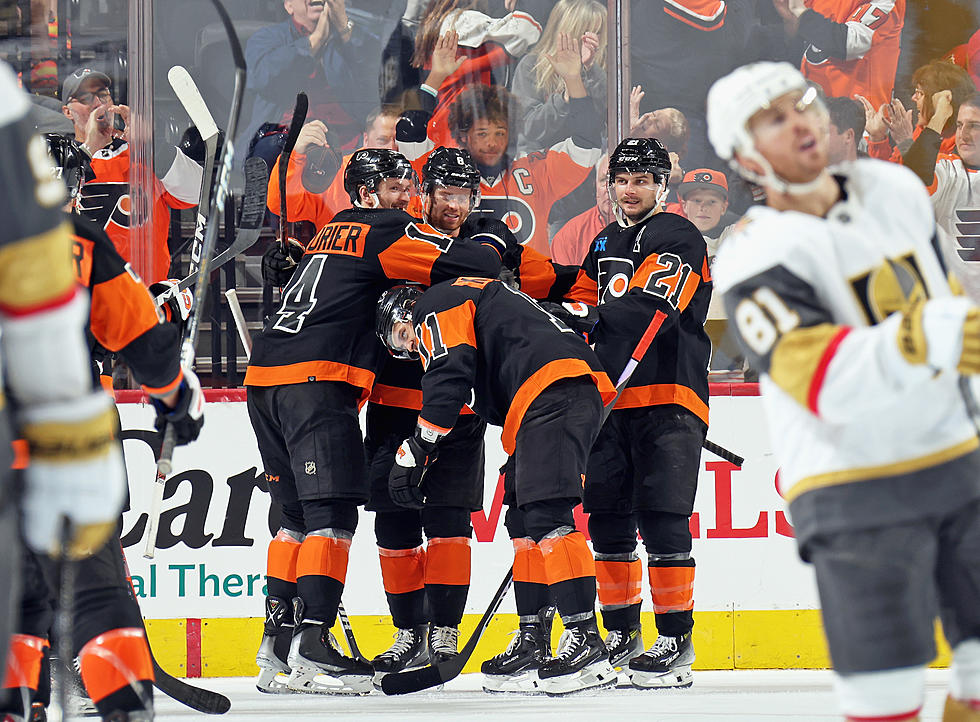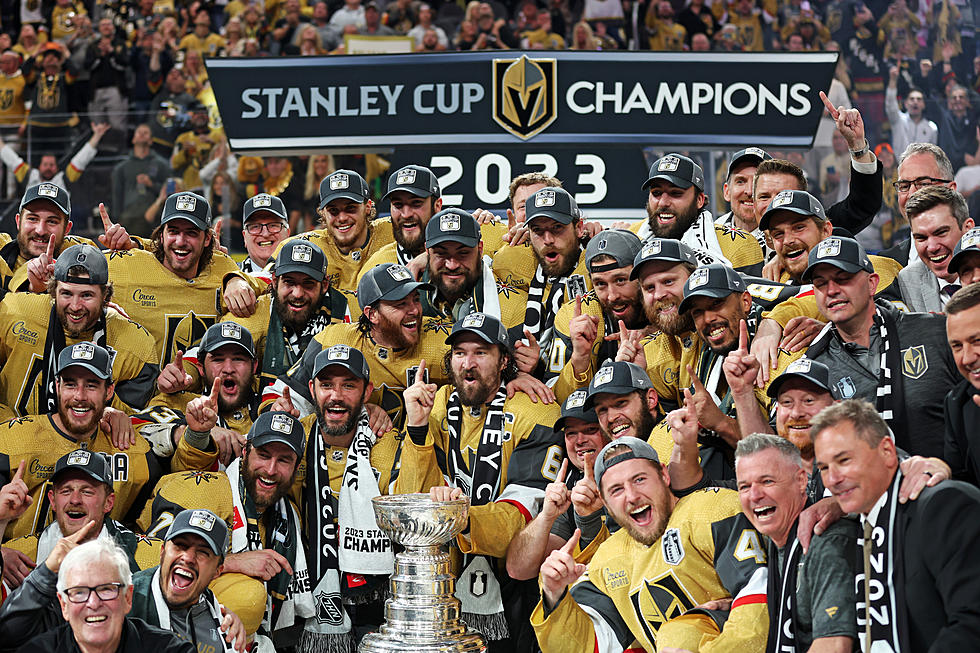
Vegas Golden Knights: From Misfits, to Aggressive Retool, to Breaking the Flyers Record
When the NHL announced its first expansion team since 2000 would be entering the league for the 2017-18 season, the old way of expansion still applied. From the Expansion Six in 1967 that doubled the NHL in size all the way up to completing the round number of 30 teams in the league, being a startup team was anything but enjoyable in the early years.
But the hockey team that was going to be placed in the desert of Las Vegas was going to have a different way of doing it. New expansion draft rules were in place that made far more players available for selection and led to deals behind the scenes. Even then, the old mindset remaining – a new team into the league is going to be anything but competitive.
The Vegas Golden Knights, a team full of newly-assembled misfits, went to the Stanley Cup Final that year. After winning Game 1 against the Washington Capitals, they lost the next four games.
The dream hardly ended there. In fact, it only made the belief that this expansion team could win a Stanley Cup in its first six years of existence more of a realistic possibility.
Sure enough, in Year Six, the Vegas Golden Knights are indeed Stanley Cup champions, defeating the Florida Panthers in five games.
There are still faces on the team from the inaugural season that almost shocked the world.
Jonathan Marchessault, who claimed the Conn Smythe Trophy as playoff MVP, was the selection from the opposing Florida Panthers. To get Vegas to make that selection, they also traded Reilly Smith to Vegas.
Columbus traded William Karlsson and a first-round pick to Vegas to get the to select the contract of David Clarkson.
Buffalo traded a sixth-round pick to have Vegas select William Carrier.
Anaheim traded Shea Theodore to Vegas to select Clayton Stoner.
Also on that inaugural roster were names like Marc-Andre Fleury, who instantly brought a recognizable star to Vegas. Brayden McNabb, now a Stanley Cup champion with Vegas, came from the Los Angeles Kings. Alex Tuch was traded to Vegas from Minnesota as a prospect.
Collectively, this group joined the league as a brand-new team composed of a bunch of misfits. When everyone starts on the same day and comes from different backgrounds, histories, and locker rooms, it can certainly be a struggle to form the chemistry championship teams have. Until the events of Oct. 1, 2017, when a mass shooting in Las Vegas killed 58 people. That brought the team even closer, as it worked with the community to help heal a broken city.
Did they ever.
That first Vegas Golden Knights team that came within three wins of a Stanley Cup took the NHL by storm. From day one, they were a force to be reckoned with.
They recognized it right away too. How did that inaugural team evolve to the 2023 Stanley Cup champions? It was done with big swings at impact players.
Mark Stone, the captain of this championship team, was acquired on Feb. 25, 2019. Vegas sent Oskar Lindberg, Erik Brannstrom, and a second-round pick to Ottawa for Stone and Tobias Lindberg. Stone signed an eight-year contract extension on March 8 of that year.
Following the bubble playoff in 2020, the team shed salary by trading Paul Stastny and Nate Schmidt. When free agency opened, they signed Alex Pietrangelo to a seven-year deal. Pietrangelo was just over a year removed from hoisting the Stanley Cup as captain of the St. Louis Blues.
Then came Nov. 4, 2021, when Vegas gave Jack Eichel what he was looking for. Eichel had requested a trade out of Buffalo, wanting the freedom to have artificial disk replacement surgery that no NHL player had ever had. Eichel, the second overall pick in the 2015 NHL Draft, was now part of the group of misfits.
Eichel had the surgery, and returned to play in 34 games that season. He scored 14 goals and 25 points, but clearly was a player still in recovery. This season, he got back to form, scoring 27 goals and 66 points in 67 games. In his first career postseason appearance, he scored six goals and had 20 assists for 26 points in 22 games.
The acquisitions of Stone, Pietrangelo, and Eichel was not part of a rebuilding process, but a quick aggressive retool of the original Vegas roster. It added star power to the group of misfits.
There were plenty of smaller acquisitions along the way that proved to be equally as important. Keegan Kolesar was acquired three days after the expansion draft for a second-round pick. Nicolas Roy was acquired as a prospect in a trade that sent Erik Haula to Carolina. Chandler Stephenson, known as a depth player on Washington’s roster at the time, was acquired for a fifth-round pick. Brett Howden was acquired for the signing rights of a prospect and a fourth-round pick. And finally, perhaps the biggest of all in this year’s Stanley Cup Final, the team acquired Adin Hill for a fourth-round pick.
For all of the savvy moves made by George McPhee and Kelly McCrimmon at the top, this didn’t happen controversy-free. The instant success of the Golden Knights – a Stanley Cup Final appearance in year one, four trips to the conference finals in the first six seasons, and now a Stanley Cup – is largely viewed as the league helping out the new expansion team.
The new expansion rules didn’t hurt, but Vegas knew who they were picking, knew who they were willing to take on a trade for expansion rights and used it to their advantage. They utilized a clean slate with the salary cap to fill their roster. And then they nearly changed it from top to bottom.
They unceremoniously traded away Marc-Andre Fleury in what became a very public situation. Similarly, when the team traded Schmidt to clear the cap space for Pietrangelo, the original Golden Knight didn’t find out about the deal until it was already finalized, completely blindsided by the move.
In the process of overhauling the roster from season one to season six, they have also had three different head coaches. Gerard Gallant, behind the bench for the storybook first season in Vegas, only lasted into the third season in Vegas. Pete Deboer took over and was dismissed after the 2021-22 season, the first time the Vegas franchise missed the playoffs.
That’s where Bruce Cassidy enters this story. Cassidy was also a misfit of sorts. He had gone 13 seasons between head coaching jobs at the NHL level from his two seasons in Washington to joining the Boston Bruins in the 2016-17 season.
In his five full seasons behind the Bruins bench, Cassidy helped guide the Bruins to the Stanley Cup Final in 2019. He won the Jack Adams Award in 2020. And after the 2021-22 season, as tensions seemed to grow in the Bruins locker room toward Cassidy, the team decided to dismiss him unexpected.
Cassidy’s next stop was in Vegas. He hoisted the Stanley Cup as a champion head coach, one day prior to the anniversary of his hiring.
There will also be plenty of discussion about Vegas and the salary cap. As the season ended with Vegas’ first championship, they used just under $14 million in LTIR used and had a total salary cap hit of $96,459,761. The NHL salary cap this past season was $82.5 million.
Of course, this is the same tactic that the Tampa Bay Lightning used to help win two Stanley Cup championships in 2020 and 2021. It is all within the NHL’s CBA. Once again, don’t hate the player, hate the game. In total, 15 NHL teams were over the $82.5 million cap ceiling at season’s end. Seven of the eight playoff teams in the Eastern Conference were above the ceiling. Only three playoff teams in the West were.
Despite that, these six years have been a masterclass in team building. From the ground up, the Vegas Golden Knights entered the NHL as a team that nobody thought had a chance at early success. Their early success pushed them to take bigger swings at big-name players and aggressively retool the roster to be built for playoff success.
It resulted in a championship in their sixth NHL season, just as owner Bill Foley predicted. And it happened to break a record set by the Philadelphia Flyers in 1974, when they became the first of the Expansion Six to win a Stanley Cup.
Kevin Durso is Flyers insider for 97.3 ESPN and Flyers editor for SportsTalkPhilly.com. Follow him on Twitter @Kevin_Durso.
Philadelphia Flyers Uniforms Through The Years
More From 97.3 ESPN
